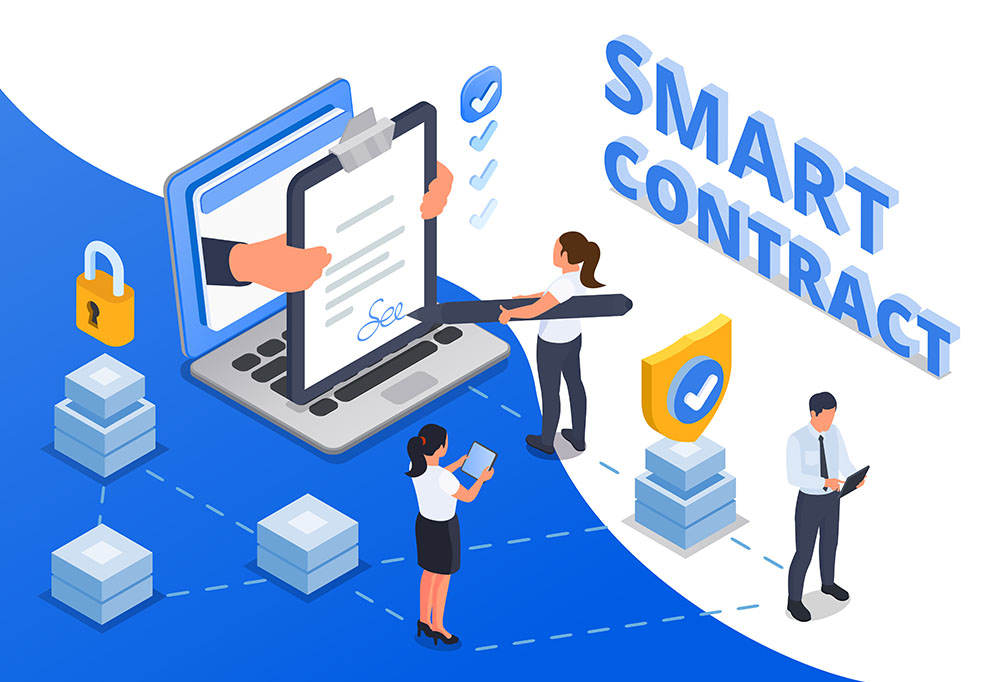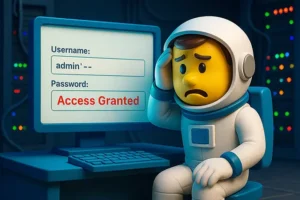Smart Contracts : Exploring the Benefits and Applications

In today’s digital age, smart contracts have emerged as a groundbreaking technology, revolutionizing the way transactions are conducted on the blockchain technology. With their self-executing nature and ability to automate processes, smart contracts offer numerous benefits and a wide range of applications. This article aims to delve deeper into the advantages of smart contract and explore their various real-world use cases.
See also : Defi Development Company: Unlocking the Potential of Decentralized Finance

Understanding Smart Contracts
Before delving into their benefits and applications, it’s crucial to understand what smart contracts are. Smart contracts are self-executing contracts with the terms of the agreement written into code on the blockchain. These digital agreements automatically execute and enforce themselves once the predefined conditions are met, without the need for intermediaries or third parties.
Enhanced Security and Transparency
One of the key benefits of smart contract is the enhanced security they provide. By leveraging cryptographic techniques, smart contract ensure the integrity and immutability of transactions recorded on the blockchain. The transparent nature of the blockchain also enables all participants to view and verify the terms of the contract, eliminating mistrust and the need for intermediaries.
Efficiency and Cost Savings
Smart contracts automate processes and remove the need for manual intervention, resulting in improved efficiency and significant cost savings. By eliminating intermediaries and streamlining workflows, smart contracts reduce administrative overheads, paperwork, and delays. This increased efficiency translates into faster transaction times and reduced operational costs.
Real-World Applications
Smart contracts have a wide range of applications across various industries. Let’s explore some of the notable use cases:
a. Supply Chain Management: Smart contract can be used to automate and streamline supply chain processes, such as verifying product authenticity, tracking shipments, and facilitating payments between stakeholders.
b. Financial Services: In the financial sector, smart contracts can revolutionize areas like peer-to-peer lending, insurance claims processing, and cross-border payments by eliminating the need for intermediaries and improving transparency.
c. Real Estate: Smart contracts can simplify and expedite real estate transactions by automating tasks such as title transfers, escrow agreements, and property management.
d. Healthcare: Smart contract can enhance healthcare systems by securely storing and sharing patient data, facilitating medical research collaborations, and automating insurance claims processing.
e. Intellectual Property: Smart contract can be used to protect intellectual property rights by automatically enforcing licensing agreements and ensuring fair compensation for content creators.
f. Voting Systems: Smart contract have the potential to revolutionize voting systems by providing transparent, tamper-proof, and auditable processes, thereby enhancing trust and reducing fraud.
Overcoming Challenges and Considerations
While smart contracts offer numerous benefits, there are also challenges and considerations to address. Some of these include:
a. Code Vulnerabilities: Smart contract are executed based on their underlying code. Therefore, any vulnerabilities in the code can lead to security breaches or unintended consequences. Thorough code review and testing are crucial to minimize such risks.
b. Legal and Regulatory Frameworks: The legal and regulatory frameworks surrounding smart contracts are still evolving. It is essential to navigate these frameworks to ensure compliance and mitigate legal risks.
c. Scalability: As blockchain networks grow, scalability becomes a crucial factor. Ensuring that smart contracts can handle a high volume of transactions without compromising performance is a challenge that needs to be addressed.
d. User Adoption: Encouraging widespread user adoption of smart contracts requires education and user-friendly interfaces to make the technology more accessible to individuals and businesses.
Conclusion
Smart contracts offer a wide range of benefits and applications that can transform industries and streamline processes. With enhanced security, transparency, efficiency, and cost savings, poised to revolutionize the way transactions are conducted in the digital era. However, it is crucial to address challenges such as code vulnerabilities, legal frameworks, scalability, and user
And for those of you who want to grow your Instagram account, you can directly use our service free instagram followers and you can like your post on instagram with Free instagram likes feature




